Category «Research»
Amsterdam (NL): City Trees don’t clean air
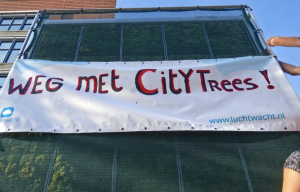
Amsterdam will stop its pilot with 8 City Trees to improve air quality. It was stated that in the current set of City Trees will not have a significant impact (defined as a 10-20% decrease) of the concentrations of particulate matter and nitrogen dioxide on the facades of houses in the Amsterdam Valkenburgerstraat.
Conference: climate friendly city logistics in the Nordics
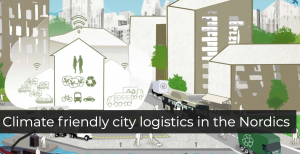
CLOSER and the Swedish Transport Administration organize a lunch-to-lunch conference on 29-30 October at Lindholmen, Gothenburg. Within the framework of the projects DenCity and Attractive and climate-smart transport in cities, both with a focus on climate-smart and sustainable mobility in the dense city, we want to invite you to a two-day conference that will be characterized …
Young Leaders in Sustainable Transport programme initiated

The Partnership on Sustainable, Low Carbon Transport (SLoCaT) and the Volvo Research and Educational Foundations (VREF) are launching the Young Leaders in Sustainable Transport programme. In light of the importance of building bridges with young people, VREF and the SLoCaT Partnership seek to establish a program for engaging Young Leaders in knowledge generation, policy making …
MIT Research: why do drivers not follow planned routes in last-mile delivery
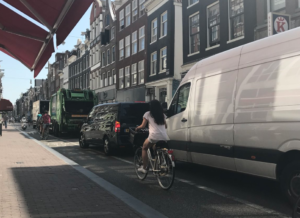
Last-mile delivery optimization is complex. Companies are implementing TMS-tools to include customer-specific or other constraints such as time windows and congestion patterns in their last-mile delivery plans. But, what if drivers do not follow the planning information provided by the routing tools in TMS systems.
PIONEER project: Physical Internet for e-commerce retail
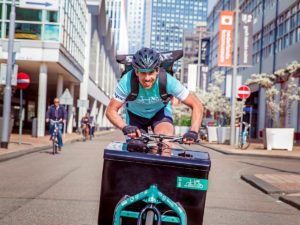
The Physical Internet (PI) is a future vision for fully open and connected logistics networks, in which physical, digital, operational and financial interconnectivity are central. Research has shown that PI offers opportunities for more efficient, bundled and shared, and sustainable logistics, also in urban areas.
ITF: commercial vehicle on-board safety systems
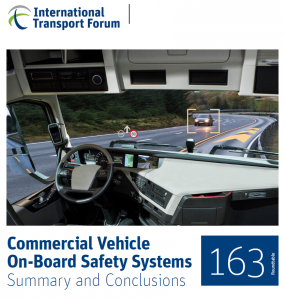
A ITF report analyses the impacts of increased automation of the driving task for road freight transport. It investigates the technology options from platooning to full autonomy and examines necessary policy responses. Focusing on the underlying regulatory frameworks, it asks how existing approaches can be maintained and when and how solutions will be needed.
Research: an assessment framework for collective decision making on city logistics
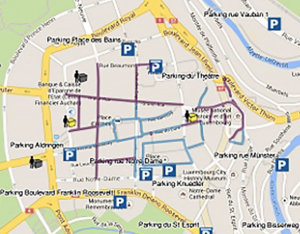
A paper by Ruggero Golini et. al (2018) proposes a framework to support the collection and classification of information about the features of a city relevant to Urban Freight Transport (UFT). The information is organized in a framework of 28 different layers that are then stored in a Geographic Information System (GIS) tool to enable data retrieval …
The potential of electric trucks: an international analysis
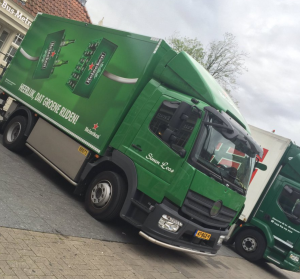
Development of battery technology is making electric heavy-duty trucks technically and commercially viable and several manufacturers have introduced battery electric trucks recently. However, the national and sectoral differences in freight transport operations affect the viability of electric trucks.
Research: the potential for coordinated city logistics planning at the local level
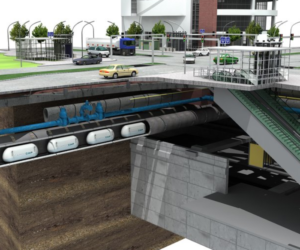
It is in the common interest of local authorities and businesses to optimize city logistics, yet far too often they operate in isolation, without the necessary cooperation and agreement. Through bringing together the local actors as part of a collaborative planning process, meaningful plans for action can be developed.

